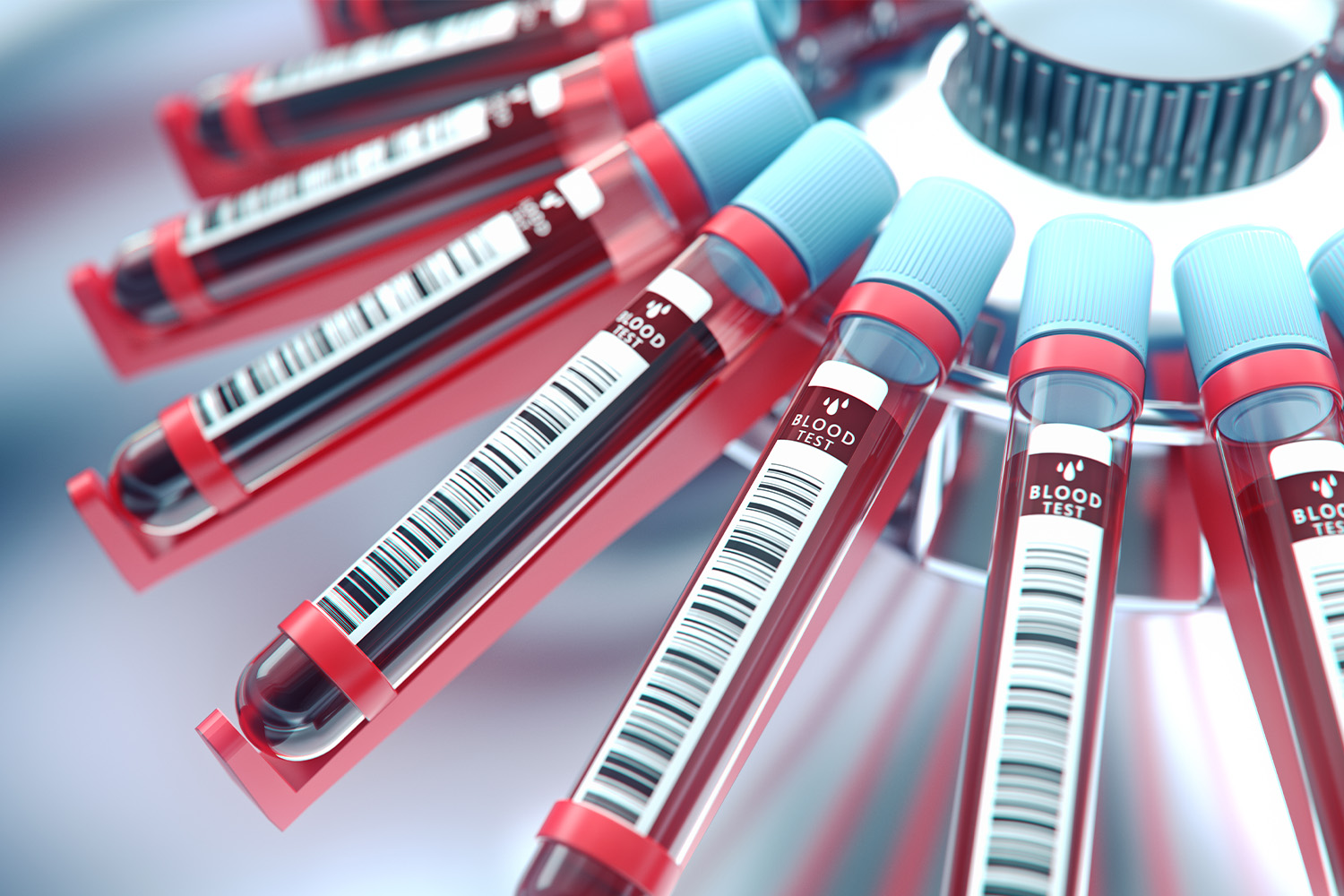Gene therapy is revolutionizing modern-day medicine. Genomics advancements have translated from precision medicine to targeted drug therapy into numerous medical and scientific discoveries since mapping the full human genome decades ago.
Genomic analysis is the foundation for discoveries made in gene therapy. This analysis allows clinicians and researchers the ability to learn about detectable differences in a patient’s genetic makeup.
Once discovered, researchers can use the information to discover how a gene plays a role in disease as well as treatment.
What Is Gene Therapy?
To understand the importance of genomics analysis in gene therapy, we must first understand the role of gene therapy in medicine today. Nearly three billion base pairs of DNA comprise a human’s genetic makeup, and the combinations of these base pairs help explain an individual’s height, skin color, and predisposition for certain diseases.
To map the human genome, researchers spent nearly 13 years and $2.7 billion on the Human Genome Project, from which we are still reaping the benefits today.
It did not take long to convert genomic scientific discoveries into medicine. DNA sequencing can assist with the early diagnosis of many diseases as well as identify treatment opportunities for diseases that previously never existed.
The pharmaceutical class of biologic drugs has exploded, opening the door for many unique, treatment-specific therapies, such as monoclonal antibodies, to enter the market. In addition, DNA sequencing continues to get cheaper, faster, and more accessible for many everyday laboratories, further enhancing its capabilities.
What Role Does Genomic Analysis Play?
Now that we understand the significance and potential of gene therapy, we need to know how analyzing this information can be critically important going forward.
In the right hands, genomic analysis can be a gateway to critically understanding disease manifestation and individual response to therapies. Below, we will discuss the most essential applications of genomic analysis:
Drug Development
Few areas of healthcare have benefitted to the same degree from genomic analysis as pharmaceutical manufacturers.
As previously mentioned, genomic analysis introduced an entirely new class of drugs, biologics, with capabilities to treat formerly untreatable diseases and commonly with fewer side effects and more efficacy.
Drug development benefits from genomics from multiple angles. At the forefront of disease, it is crucial to understand the pathophysiology before we can hope to treat it.
Genomic analysis of cancer and other genetic diseases has undergone a revolutionary period of understanding as we can now identify a person’s risk factors well in advance of developing the disease.
With this information, drug developers can take multiple approaches to prevention and treatment. Sometimes, gene therapy utilizing viral vectors is an option. Understanding a person’s cancer genetic makeup can also direct treatment options. We have truly only scratched the surface of drug development potential using genetic analysis.
Genomic analysis can even identify persons that qualify for clinical trials using previously failed drugs, a technique referred to as rescue and repurposing. It can save the pharmaceutical company tremendous amounts of money in drug development by utilizing the available resources.
Finding a better or more refined target for existing drugs can help avoid wasted time, energy, and money for the health care system.
Disease Diagnosis
Across the world, comprehensive genome sequencing is becoming more popular to preemptively identify genetic conditions or disorders before they manifest. This technology was never available before sequencing the human genome and is still being refined every day.
As scientific discoveries continue, many more regions of a person’s genome can be identified that may be predictive of future disease.
Another very common DNA sequencing strategy is rapid sequencing, where only a portion of a person’s genome is analyzed, reducing time and money. This can be an essential diagnostic tool in quickly discovering genes and mutations indicative of future disease.
Specific applications of this technology exist as a standard of care in some medical disciplines and in some parts of the world.
For example, assisted reproductive techniques such as in vitro fertilization (IVF) routinely sequence the mother’s and possibly father’s DNA for common genetic diseases such as cystic fibrosis to identify any possible interventions at the fertilized embryo stage in order to maximize the chance for a healthy baby.
Additionally, Australia and a few other countries screen for similar genetic conditions at birth to detect genetic disease before it manifests.
Cancer Treatment
No other disease state has benefitted from genomic analysis as much as oncology. Previous to genomics, oncologists used to treat cancers surgically, with non-specific chemotherapies, targeted radiation, or a combination of all three.
However, oncology treatments have advanced rapidly with the introduction of genomic information. Now, tumors can be identified based on mutations in comparison to normal cells. This information also translates to drug sensitivities, identifying what drugs are likely to work before they are even tried.
Furthermore, targeted biologic or “immune-chemotherapies” against cancer cells have been developed. This could mean more specific treatment options, usually meaning fewer treatment side effects compared to traditional chemotherapy with similar or even better efficacy.
The fields of biologics and immunotherapies have exploded in popularity in recent years, owing to their success as treatment options.
Personalized Medicine
Direct-to-consumer genetic testing services are becoming increasingly popular. While this information can prove useful for early detection or identifying the predisposition to develop a disease, there are even more applications.
Pharmacogenomics can be greatly impacted by utilizing these testing services. Some patients metabolize certain drugs better or worse than the general population, and with direct genetic testing, these mutations can be described even before the drug is taken.
One of the best examples of this benefit comes from the antiplatelet drug clopidogrel. A patient can either be a slow, normal, or extensive metabolizer of the drug, leading to very different clinical results and adverse events.
Knowing these genetic differences upfront can become very beneficial to safely and effectively using a metabolism-dependent drug like clopidogrel.
Storing Genomic Information and Population Health
Storing genomic information can be a controversial topic. Many patients are leery of providing their genetic information at all for fear of lack of privacy or manipulation. However, large population datasets of genomic information combined with medical records can be an invaluable tool for researchers and drug developers alike to discover future therapies.
Collecting and combining genomic information opens the door for discovering patterns and relationships between patients’ genetic material, leading to important discoveries. Genomic analysis is most beneficial when examined as a whole.
One person’s genetic information will not divulge an important scientific discovery on its own. Comparing and contrasting these patterns allows scientists to understand differences and make reasonable assumptions regarding mutations and the potential for genetic disease development.
Economic Benefits to Healthcare
Genomics, like many novel advances in medicine, can be an initially expensive endeavor. However, there are many cost-savings justifications to healthcare and society brought on by the potential benefits genomics offers.
In an ever-aging population, saving money to treat a patient from a personalized perspective is going to be as important as ever. Genomic medicine has the potential to make treating and diagnosing a disease a cost-effective process with more effective treatment options targeted toward the individual patient.
In an ideal scenario, the progression of personalized medicine using genomic analysis will hopefully offset the rapidly accelerating costs of healthcare in an ever-increasingly aging population.
Additionally, utilizing genomic information this way will reduce healthcare costs overall from a system perspective. We can expect fewer losses in productivity and waste when using genomic analysis as a tool to treat an individual patient.
Genomic information and bioinformatics fields are expected to boom with the further advancement of this technology as well, further boosting the economy.
Conclusion
Genomic analysis offers countless opportunities to develop new, personalized therapies and deliver healthcare in an entirely modern way.
Population health can be expected to benefit in a dramatic way as the medical and scientific communities of the world continue to transform and optimize genomic medicine in new and exciting ways.
Choosing to Use a Clinical Research Organization (CRO)
Finding an organization to perform genetic sequencing can sometimes be an overwhelming decision. At iProcess Global Research, Inc., you can expect to work with an in-house laboratory capable of Next Generation Sequencing (NGS), a parallel sequencing technology capable of high throughput, efficient, and timely genetic sequencing.
This technology can be applied to a variety of clinical projects through applications in rapidly sequencing whole genomes, studying the human microbiome, and identifying novel pathogens.
iProcess works with major pharmaceutical, diagnostic, and research organizations across the globe. Requesting a quote and seeing what iProcess can do for you is easy.
Sources:
Using Bioinformatics and Genome Analysis for New Therapeutic Interventions | PMC
Impact of Genomics on Drug Discovery and Clinical Medicine | PMC




